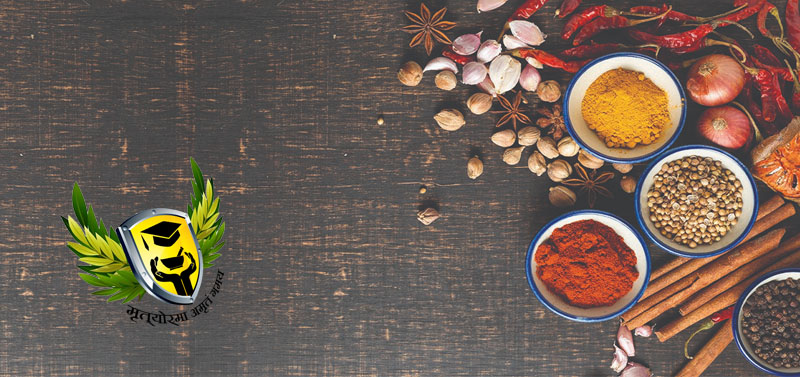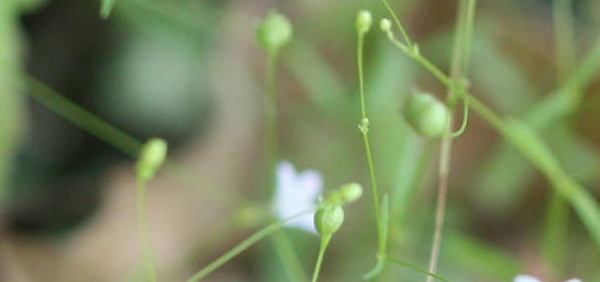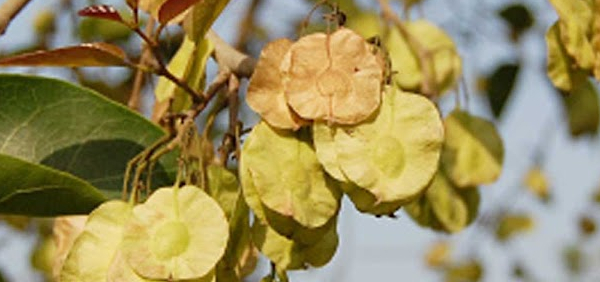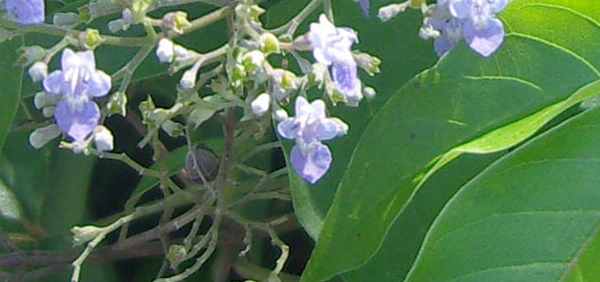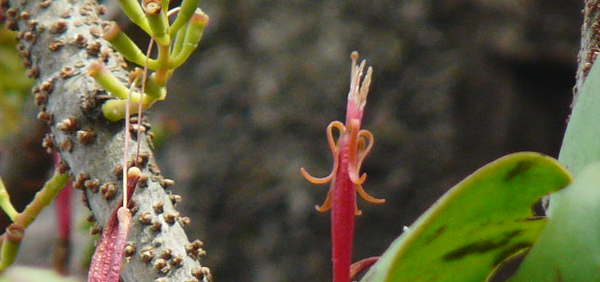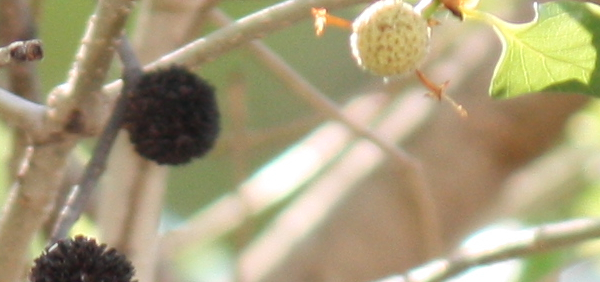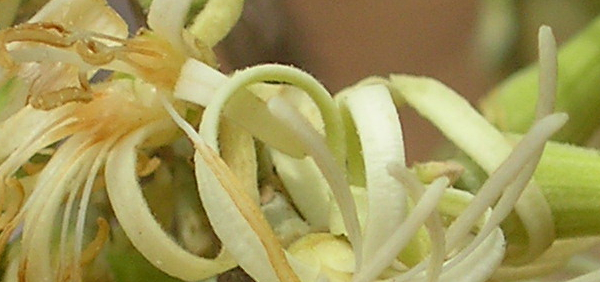musli :

General Use:
- The rhizomes of the herb are powerful aphrodisiacs.
- Asparagus is known to increase sperm count.
- Traditionally, it has been used as a rejuvenation remedy.
- The roots of the herb are used to treat diarrhea and dysentery.
Therapeutic Uses:
Mostly its tuberous roots are used in Ayurvedic medicines. To make salep, the root is dried and ground into a powder and the powdered dried root exhibits galactogogic properties; used for the preparation of nutritive tonic used in general sexual weakness. These roots hold spermatogenetic, spermatorrhoea and chronic leucorrhoea due to some chemical content. This plant is a source of a nutritious starch and low in calories and is very low in sodium. It is a good source of vitamin also. Steroidal glycosides are identified in tuberous roots. Active compounds present in asparagus are well known for their multiple health benefits. It is reported to be useful against diarrhea, dysentery and in general debilitySystemic Use:
The roots are useful in nervous disorders, dyspepsia, tumors, scalding of urine, throat infections, tuberculosis, cough bronchitis and general debility. It helps with nervousness, pain, restless sleep, disturbing dreams and people with weak emotional and physical heart. It is useful for treating anorexia, insomnia, hyperactive children and people who are under-weight. Asparagus is a rejuvenating female tonic for overall health and vitality. It improves uterine growth, mitigates dysmenorrheal and menorrhagia, augments fertility and imparts anabolic propertiesArsha (piles), Dourbalya (debility or weakness), Asthi Bhanga (bone fracture), Kamala (jaundice), Shula (Abdominal colic and pain), Mutrakrichchha (dysuria), Pravahika (diarrhoea) Atisara (dysentery)
Administration:
root powderPharmacological:
adscendens is used for increasing the sperm count, as general health tonic, stimulation of insulin secretion and action, and to inhibit starch digestion. Itis helpfulin postpartum hemorrhage, nourishing fetus during pregnancy, and increasing breast milk flow. It is effective in dyspepsia, flatulence, diarrhea, and genito-urinary complaints, such as seminal weakness, impotence, spermatorrhea, leucorrhea, and gonorrhea. Rhizomes are used for general weaknesses, and roots are used for curing dysentery7. A. adscendens possess antifilarial activity- » Classification and names of musli
- » Synonyms and definitions of musli
- » Drug Properties of musli
- » Chemical Constituents of musli
- » Standardization of musli
- » Parts used and Dosage of musli
- » Morphology and Histology of musli
- » Distribution and Conservation of musli
- » Cultivation of musli
- » musli in the market
- » Medicinal Uses of musli
- » Researches and clinical trails of musli
- » musli in other sytems of medicine
- » Ayurvedic formulations with musli
- » Images of musli


